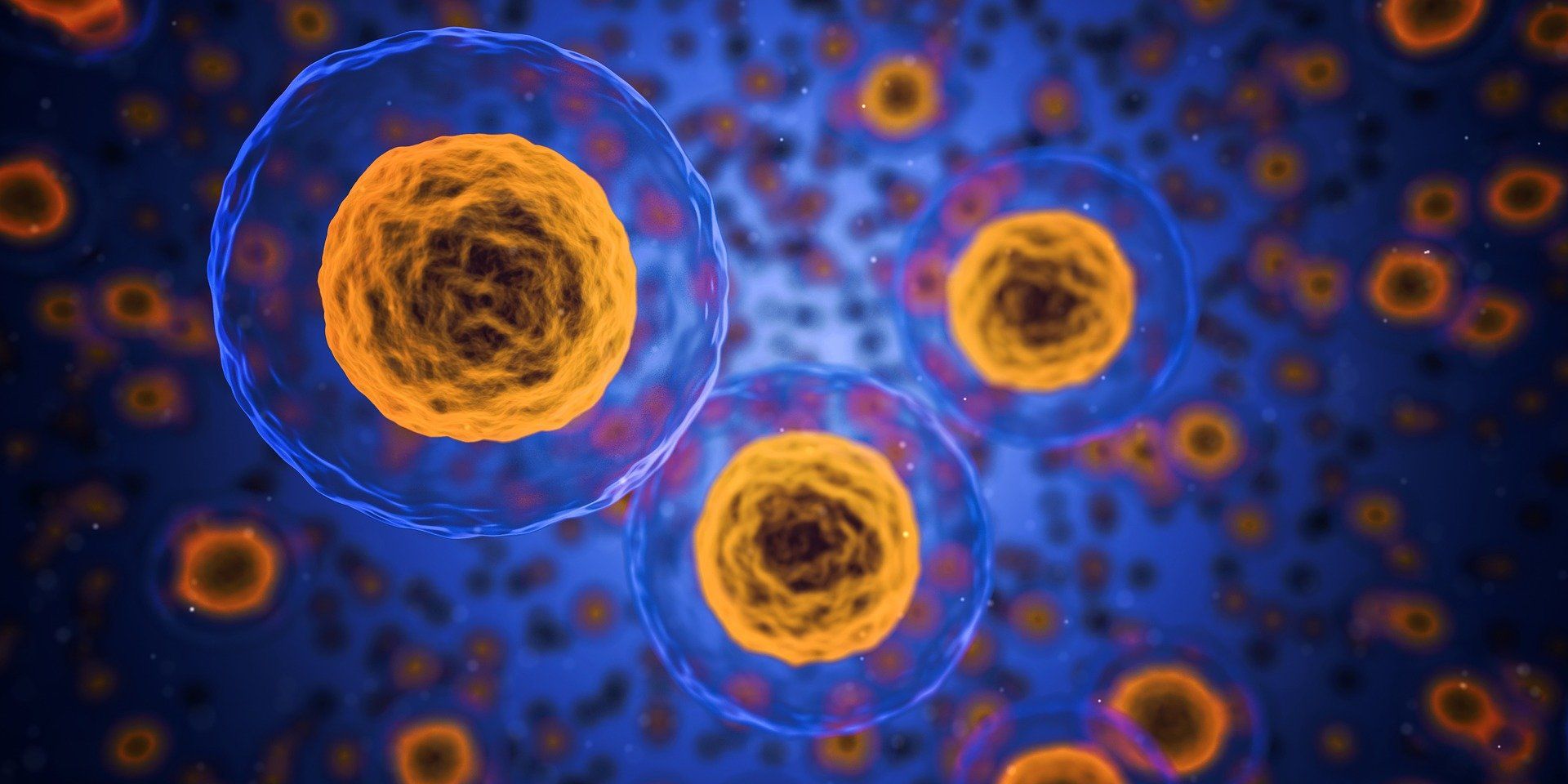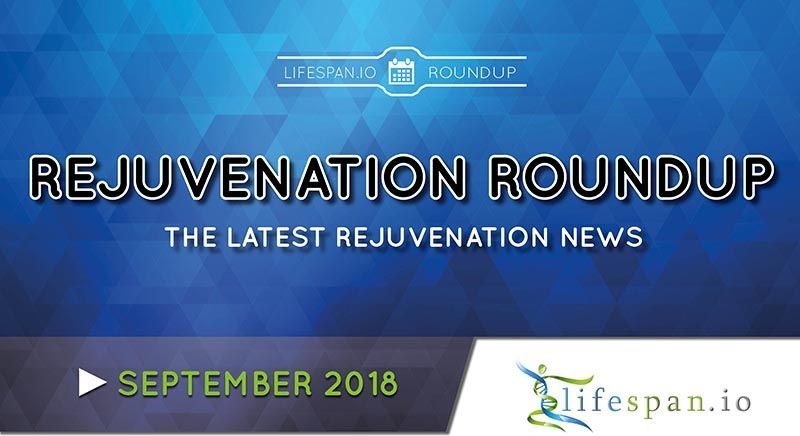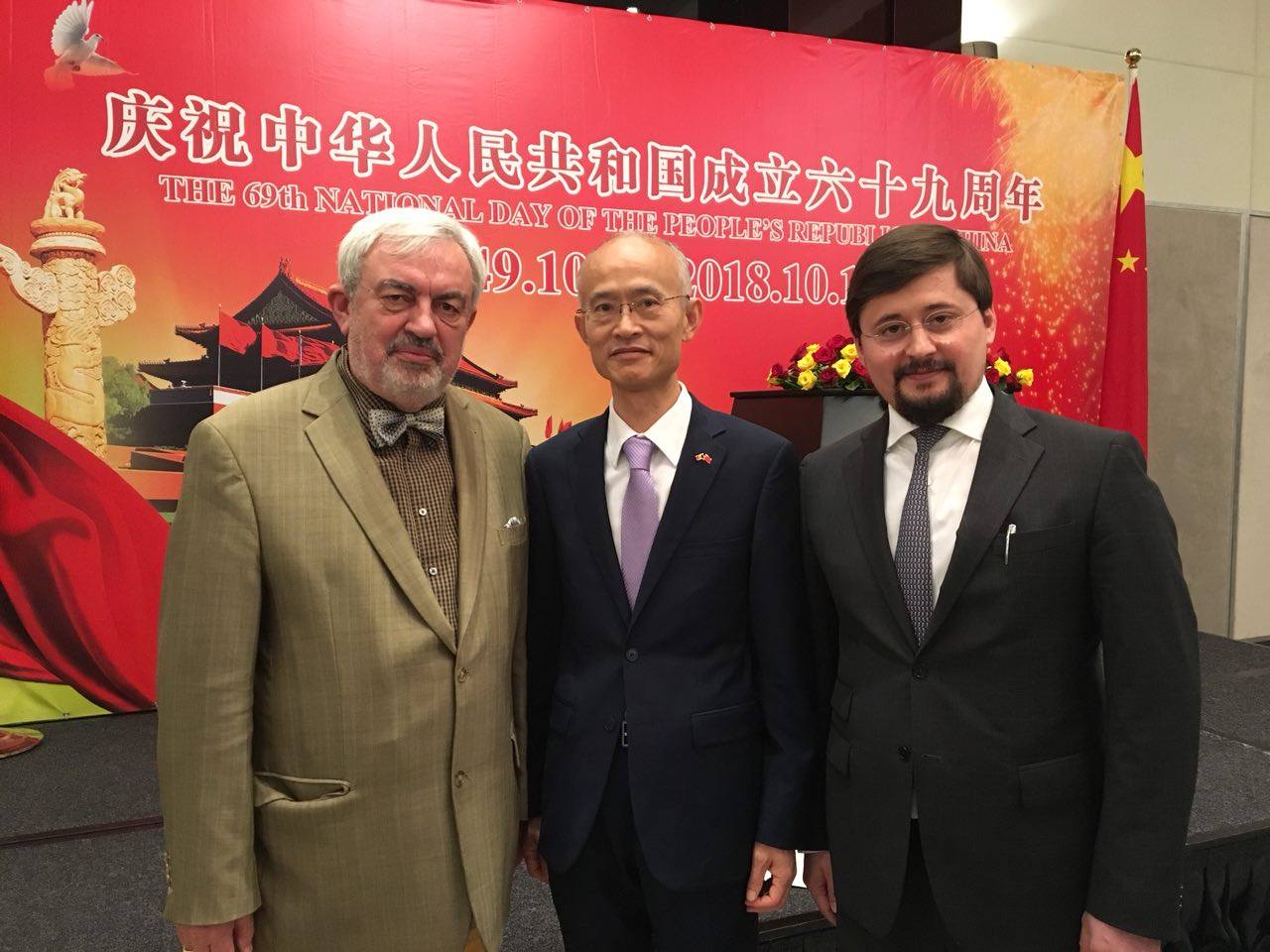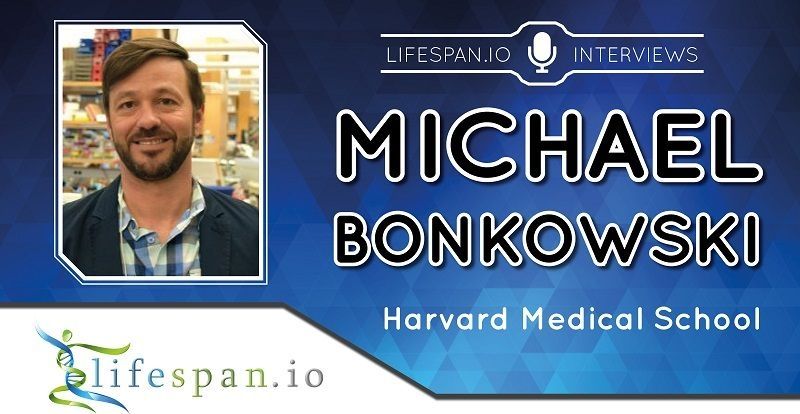Today, we have another video from our Ending Age-Related Diseases 2018 conference, which was held earlier this year at the Cooper Union in New York City. The conference was designed to bring the worlds of research and investment together in one place and explore the progress and challenges that the industry faces in developing and funding therapies to end age-related disease.
This was the second panel during the conference and featured Dr. Aubrey de Grey of the SENS Research Foundation, Keith Comito of Lifespan.io, Dr. James Peyer of Apollo Ventures, Dr. Mark Hammond of Deep Science Ventures, Joe Betts Lacroix of Y Combinator and Vium, Dr. Oliver Medvedik of Lifespan.io and The Cooper Union, and Ramphis Castro of ScienceVest.







